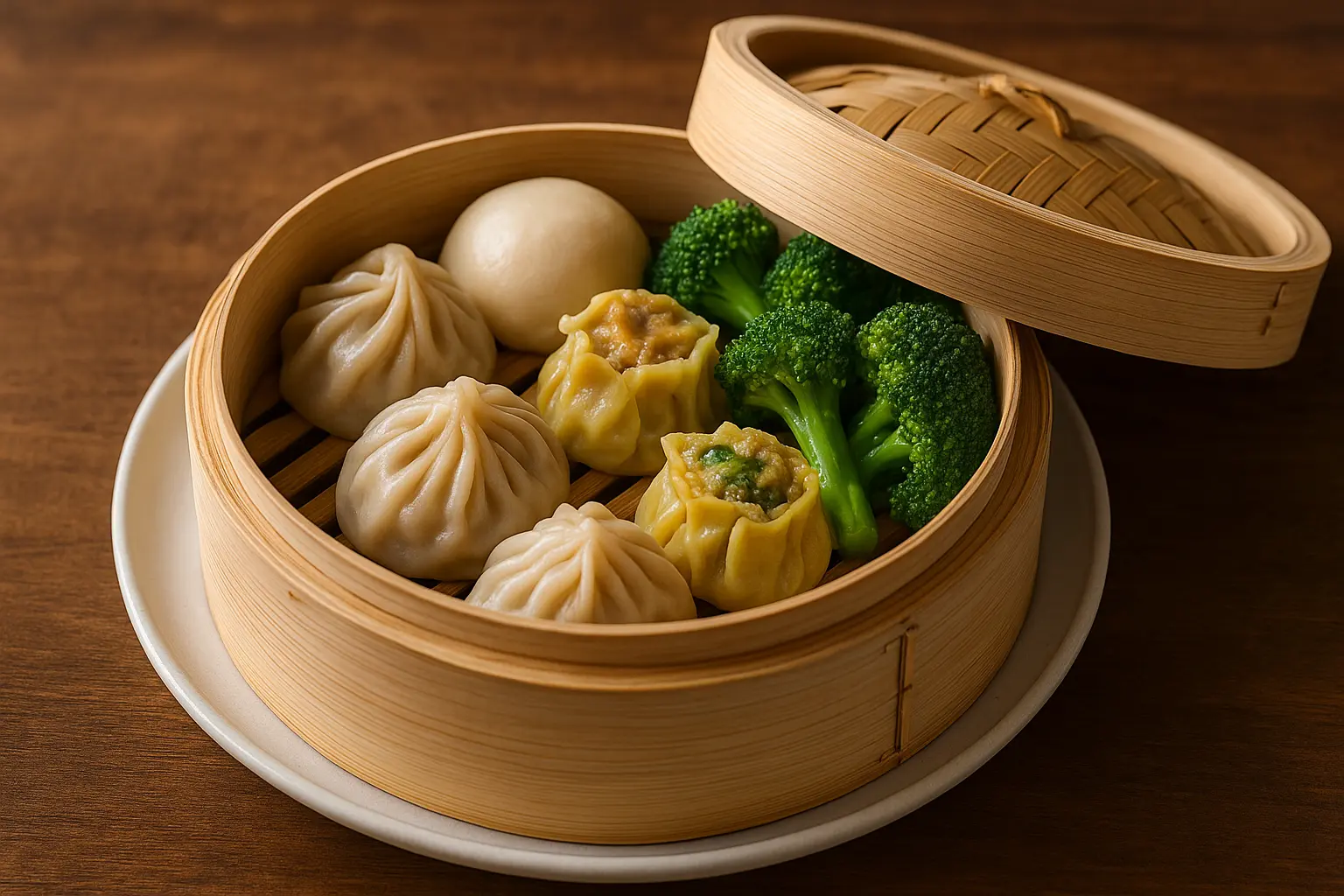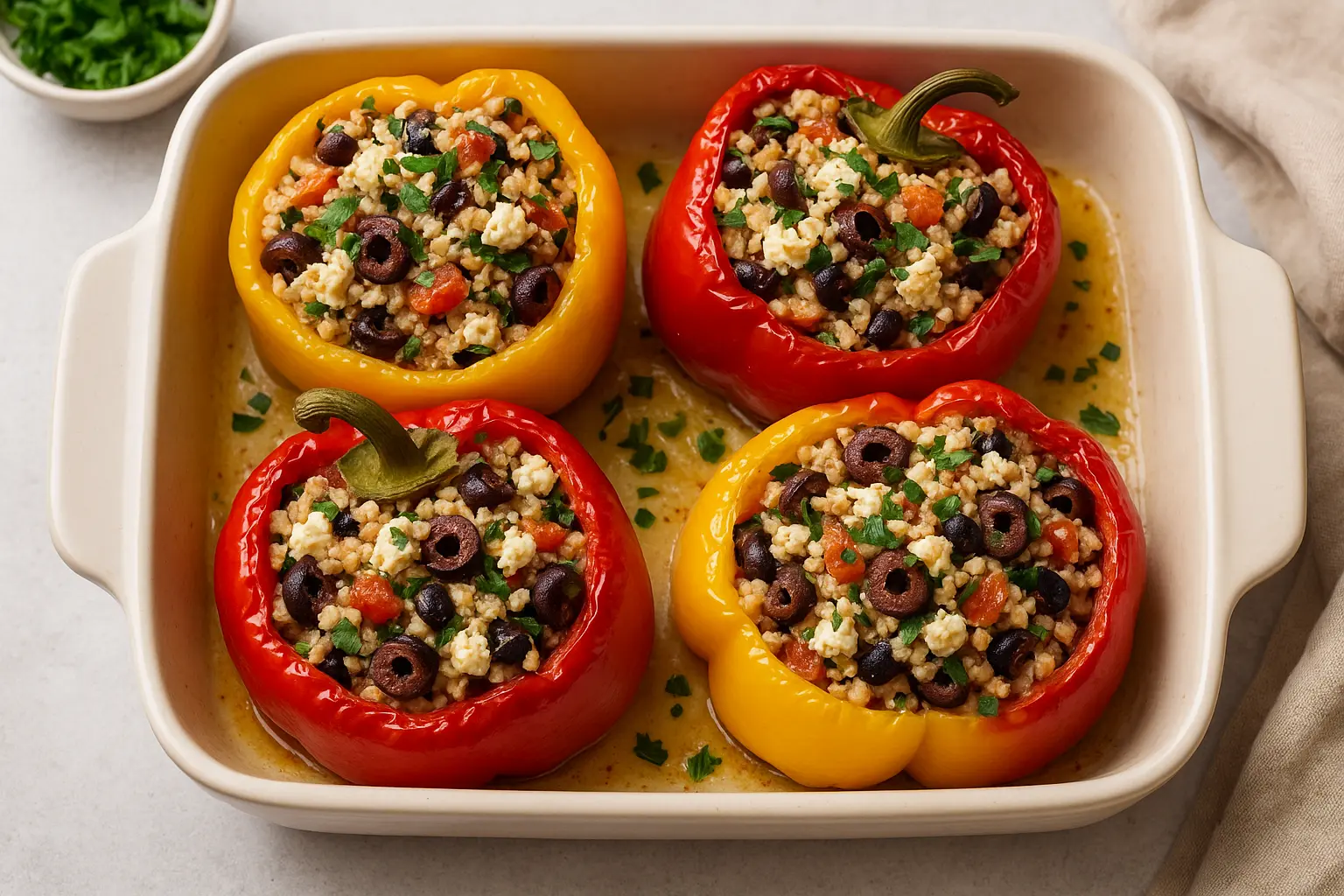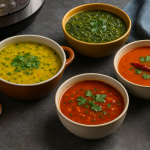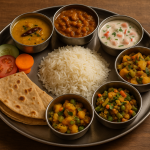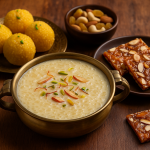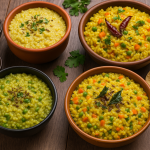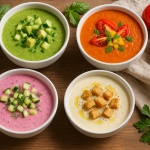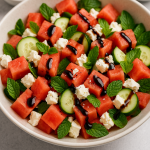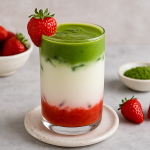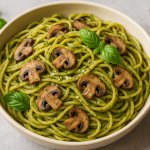When most people hear steamed food, they picture bland vegetables, soggy dumplings, or uninspiring diet meals. But in reality, steaming is one of the oldest, healthiest, and most versatile cooking techniques in the world. From Asian dim sum to British steamed puddings, from African maize dishes to Indian idlis, steamed recipes offer both nutrition and incredible taste.
Steaming preserves vitamins, enhances natural flavors, and avoids excessive oil. It’s no wonder steaming is celebrated across cultures for its light yet deeply satisfying results. In this blog, we’ll dive deep into the art of steaming, explore global steamed recipes, and show you why these dishes can be both delicious and exciting.
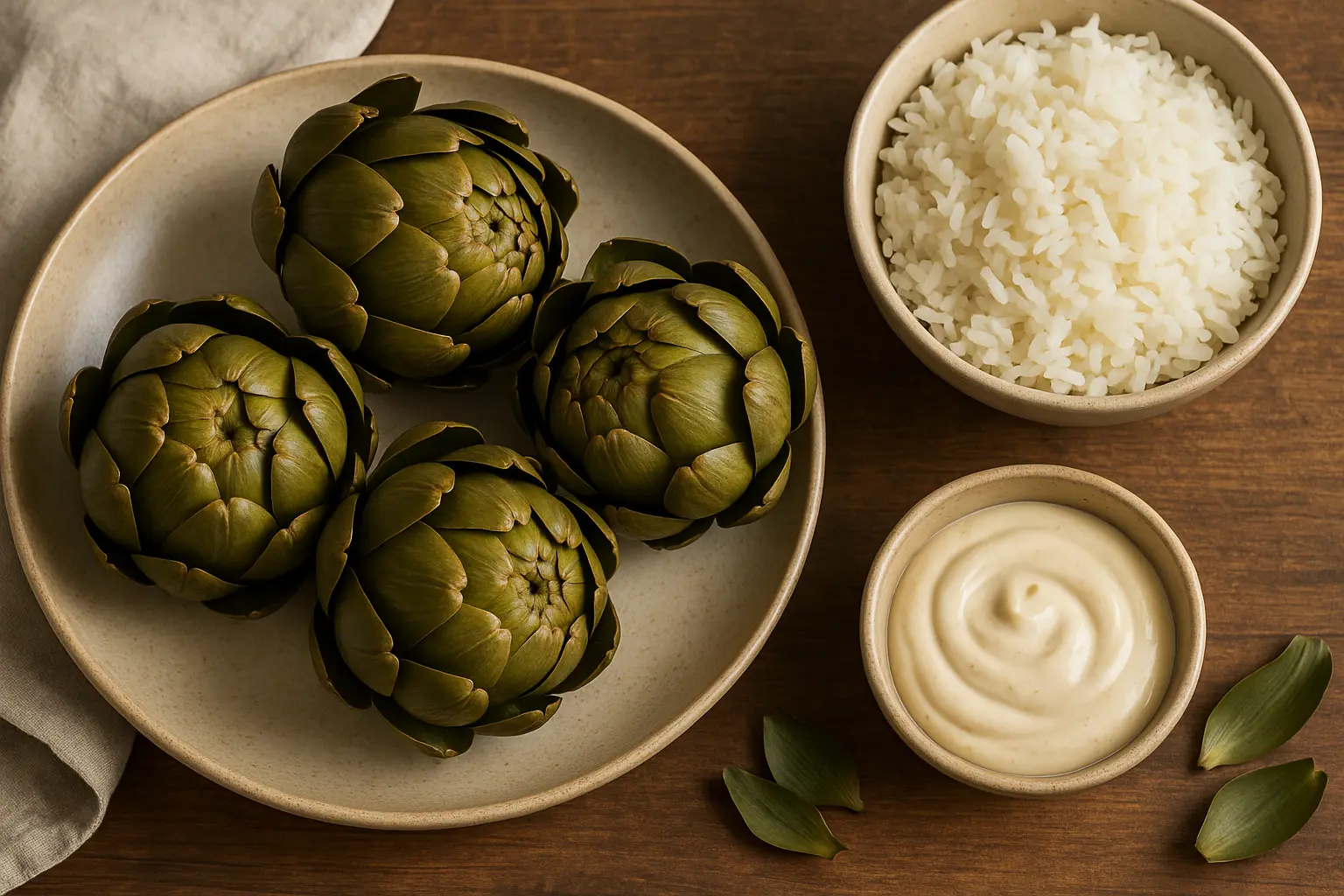
1. The Science of Steaming: Why It Works
Steaming involves cooking food with hot vapor, usually at 100°C (212°F). Unlike boiling, the food doesn’t touch the water, which prevents flavor and nutrient loss.
Benefits of Steaming:
Nutrient Retention: Water-soluble vitamins (like Vitamin C) remain intact.
Natural Flavors: Steaming enhances sweetness and umami instead of washing them away.
Less Oil, More Health: Perfect for weight management and heart health.
Even Cooking: Gentle, moist heat prevents overcooking and burning.
Versatility: Works for dumplings, fish, cakes, vegetables, rice, and even desserts.
2. Steaming Across the Globe
Every cuisine has its version of steamed dishes. Let’s explore:
China: Dim sum dumplings, bao buns, steamed fish with ginger.
India: Idlis, dhokla, modaks.
Japan: Chawanmushi (savory egg custard).
Britain: Sticky toffee pudding, suet puddings.
Africa: Steamed maize bread (mealie bread).
Caribbean: Steamed callaloo with salted fish.
Latin America: Tamales wrapped in corn husks.
3. Steamed Vegetables That Actually Taste Good
Vegetables often get a bad rap when steamed, but the trick is in flavor pairing.
Broccoli with Garlic-Sesame Oil Drizzle
Carrots with Citrus Zest and Thyme
Asparagus with Lemon Butter
Cauliflower with Turmeric & Olive Oil
Pro Tip: Steam vegetables just until tender-crisp (bright in color) to avoid mushiness.
4. Steamed Dumplings & Buns – A Global Favorite
Chinese Dim Sum
Steamed dumplings filled with pork, shrimp, or vegetables are bite-sized perfection.
Bao Buns
Soft, pillowy buns filled with savory fillings like hoisin duck, mushrooms, or BBQ pork.
Tibetan Momos
Spiced dumplings with meat or veggies, often served with chili sauce.
5. Steamed Rice & Grains
Steaming rice is an art across Asia.
Japanese Sushi Rice – sticky yet light.
Chinese Jasmine Rice – aromatic and fluffy.
Ethiopian Injera (fermented flatbread) – partly steamed on a griddle.
6. Steamed Seafood – Delicate & Flavorful
Seafood thrives with steaming because it retains moisture and flavor.
Chinese-Style Steamed Fish with ginger, scallions, soy sauce.
Steamed Mussels with garlic broth.
Thai Steamed Fish with lime and chili.
7. Vegetarian & Vegan Steamed Dishes
Indian Idli – fermented rice cakes, soft and fluffy.
Gujarati Dhokla – steamed chickpea flour cake, tangy and spongy.
Steamed Tofu with Soy Sauce & Garlic.
Lotus Leaf Rice – sticky rice wrapped and steamed in lotus leaves.
8. Steamed Meat Dishes
Cantonese Steamed Pork Ribs with black beans.
Steamed Chicken with Ginger & Soy – juicy and aromatic.
Moroccan Steamed Lamb Couscous – meat and grains steamed together.
9. Steamed Desserts – Sweet Surprises
Steaming isn’t just savory—it creates some of the world’s most comforting sweets.
British Steamed Puddings – sticky toffee pudding, jam roly-poly.
Chinese Sponge Cake (Ma Lai Gao) – airy and caramel-flavored.
Filipino Puto – steamed rice cakes, slightly sweet.
Steamed Chocolate Cake – rich yet moist.
10. Steaming for Beginners – No Steamer Required
If you’re new to steaming, don’t worry. You don’t need fancy equipment.
DIY Steaming Methods:
Using a Pot & Colander – place food in colander above boiling water.
Microwave Steaming – use a microwave-safe bowl with lid.
Oven Steaming – cover dish with foil and bake in water bath.
11. Steamed Dishes for Special Diets
Steaming is perfect for diet-conscious eaters:
Weight Loss: Low in calories, high in nutrients.
Gluten-Free: Many steamed rice-based dishes are naturally gluten-free.
Vegan-Friendly: Steamed vegetables, grains, and tofu dishes.
Diabetic-Friendly: Avoids excess fats, keeps meals light.
12. Steaming Tips & Tricks
Always season after steaming for maximum flavor.
Wrap foods in banana leaves, lotus leaves, or corn husks for aroma.
Don’t overcrowd the steamer basket; steam needs circulation.
Invest in bamboo steamers for authentic Asian dishes.
Try layering herbs and aromatics under food for extra flavor infusion.
13. Recipes to Try at Home
🥢 Recipe 1: Chinese Steamed Fish with Ginger & Soy
Whole white fish
Fresh ginger slices
Soy sauce, sesame oil, scallions
Steam for 10–12 minutes, drizzle with hot oil, and garnish with scallions.
🥘 Recipe 2: Indian Idlis
Rice & urad dal (fermented batter)
Steam in idli molds for 12 minutes.
Serve with coconut chutney & sambar.
🥮 Recipe 3: British Sticky Toffee Pudding (Steamed)
Dates, flour, butter, brown sugar
Steam for 1.5–2 hours.
Serve with caramel sauce.
🥦 Recipe 4: Simple Steamed Broccoli with Garlic-Sesame Dressing
Fresh broccoli florets
Steam 3–4 minutes.
Drizzle with sesame oil, soy sauce, and minced garlic.
Conclusion: Steaming is Underrated, but Delicious
Steamed dishes often carry a reputation of being “too plain,” but when done right, they are vibrant, satisfying, and comforting. From quick veggie sides to indulgent puddings, steaming opens up a world of flavors.
If you’re a beginner or a seasoned cook, experimenting with steaming can transform your cooking. Try a few recipes from around the world, and you’ll see why steamed dishes are not only healthy but also surprisingly delicious.
Leave a comment
Your email address will not be published. Required fields are marked *


